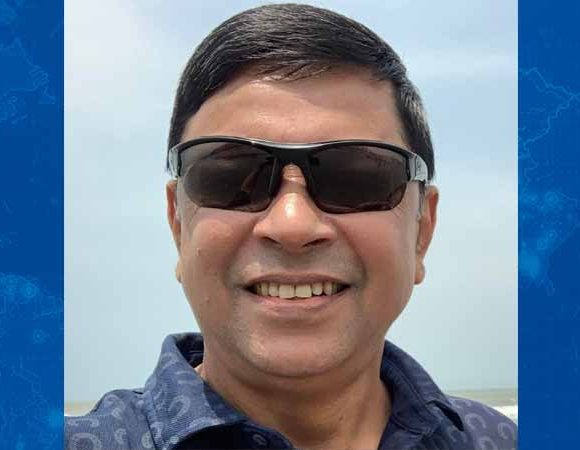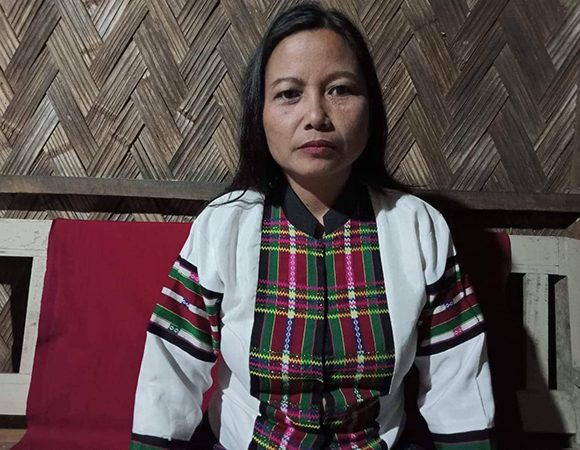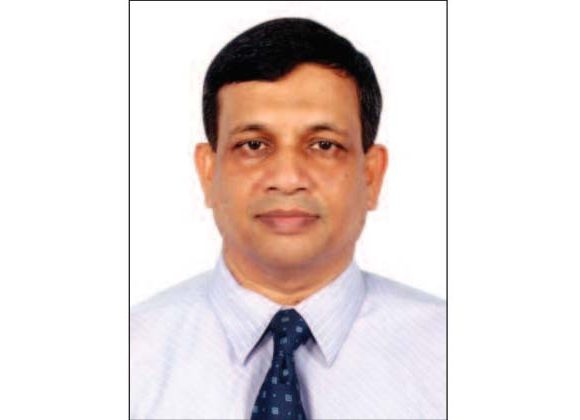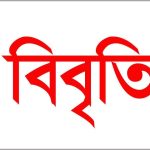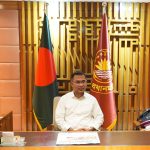Mizoram CM Lalduhoma’s US speeches sow a separatist agenda

SAVIO RODRIGUES
Mizoram Chief Minister Lalduhoma’s recent speeches in the U.S., delivered in Maryland and Indianapolis, have sparked considerable discourse and concern, prompting questions about his vision for Mizoram and the broader Zo community. The contrasting tones of these addresses—one suggesting the potential for reunification within India and the other hinting at an independent nationhood for the Chin-Kuki-Zo people—have created ambiguity and sparked critical discussions around the future of the Zo people within the Indian framework.
In Maryland, Lalduhoma spoke of the Zo Reunification Organisation (ZORO) movement, founded in 1988, and referenced the idea of uniting the Zo people across India, Myanmar, and Bangladesh under India’s governance. The Chief Minister’s words portrayed a vision rooted in integration within India, suggesting a possible future where the Zo people could find a unified home within India’s borders. Describing this reunification as challenging yet plausible within today’s geopolitical environment, Lalduhoma’s statements implied hope that India might one day serve as a singular homeland for the Chin-Kuki-Zo people.
However, the tone of his Indianapolis address just two days later took a notably different direction. Speaking to a predominantly Chin-Kuki-Mizo audience, he emphasised unity beyond borders, declaring that “a true nation transcends such limitations.” The Chief Minister lamented the forced division of the Zo people under the governance of three separate nations—India, Myanmar, and Bangladesh—and called for a shared destiny of “nationhood” under “one leadership.” His language hinted at dissatisfaction with the current arrangements, which some have interpreted as an inclination toward an independent Zo identity that exists beyond India’s boundaries. These differing statements raise critical questions:
1. WHAT IS LALDUHOMA’S VISION OF ‘NATIONHOOD’?
In Indianapolis, Lalduhoma’s call for the Zo people to achieve “nationhood” through unity and “one leadership” has prompted concerns about whether he envisions India as part of that future. As Chief Minister, his responsibilities are to the Indian state of Mizoram, yet his language hinted at a broader identity that could exist beyond India’s sovereignty. This ambiguity challenges the definition of nationhood within the Indian Union, and Mizoram’s place in it, creating uncertainty about whether his vision aligns with India’s constitutional principles.
2. PERCEPTIONS OF COERCED ALLEGIANCES
Referring to the Chin-Kuki-Zo people’s existence under three governments as “forced” raises questions about Lalduhoma’s stance on India’s governance. His reference to a “forced” reality implies a sense of illegitimacy or discontent with the current structure, particularly when he himself holds a key office in India’s government system. If his role as Chief Minister is seen as part of this “forced” arrangement, then this statement could be interpreted as a disavowal of India’s political framework. Such sentiments could imply that Lalduhoma views Mizoram’s affiliation with India as unnatural, an implication that demands clarification from a constitutional perspective.
3. THE U.S. AS AN AUDIENCE FOR INTERNAL MATTERS
By addressing American citizens on the topic of Chin-Kuki-Zo unity and the notion of a “forced” existence within India, Lalduhoma’s Indianapolis speech took on a global dimension. This raises ethical questions about the appropriateness of discussing divisive topics on foreign soil. Why promote a message that questions India’s territorial integrity to an American audience? This choice of setting and audience suggests an effort to gain international support, yet the implications of such a move could undermine the stability of India’s internal dynamics.
4. THE ROLE OF THE UNITED STATES IN THE ZO VISION
Lalduhoma’s rhetoric suggests a desire to engage with the international community to support the Zo community’s aspirations. Given his role as an elected leader within India, the appeal for foreign support could be seen as contentious, particularly if it is perceived as encouraging an agenda counter to India’s unity. Such an approach is bound to raise further concerns among Indian citizens about his motivations and the broader impact on India’s diplomatic relationships.
The shift in tone between Maryland and Indianapolis is striking. In Maryland, Lalduhoma’s emphasis on reunification under India aligned with the ZORO movement’s vision, rooted in a historical connection with India. This message of potential integration echoed themes of national unity, where India could become a collective homeland for the Chin-Kuki-Zo people. However, his Indianapolis message took a more separatist turn, depicting the Zo people as unfairly divided and urging them to achieve their “destiny of nationhood” beyond the constraints of current borders.
In response to the growing discourse around these statements, Lalduhoma’s team has emphasised his Maryland address, downplaying the divisive rhetoric of his Indianapolis speech. While this selective focus may appear as an effort to manage public perceptions, it risks appearing disingenuous and might fuel additional questions. Ignoring the Indianapolis statements could give rise to speculation about a hidden agenda and create the impression of a controlled narrative rather than a transparent discussion about the future of Mizoram and the Zo people.
The Chief Minister’s speeches bring up complex issues surrounding identity, allegiance, and governance. While the Zo community’s cultural heritage and aspirations merit acknowledgment, it is critical to ensure these discussions align with India’s national interests. Lalduhoma’s influential position necessitates a clear stance that reinforces Mizoram’s place within India, upholding the principles of the Indian Union.
As Mizoram’s leader, Lalduhoma is responsible for maintaining public trust through transparency. Addressing these lingering questions will help clarify his stance and reassure both Mizoram’s people and Indian citizens at large. His vision for the Zo people’s future is bound to have a profound impact on India’s democratic unity and deserves an open and honest articulation that respects India’s sovereignty.
Savio Rodrigues is the founder and editor-in-chief of Goa Chronicle.

